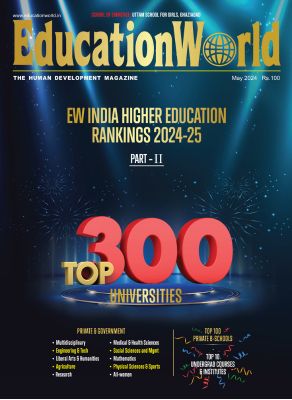
A great mistake the Congress party made after independence was to abandon the sub-continent’s ancient tradition of free enterprise and free markets and take a sharp Left ideological turn under the influence of Jawaharlal Nehru, free India’s first prime minister. Nehruvian socialism resulted in politically free India becoming an economically enslaved nation. All business, industrial and education initiatives became subject to government supervision and permission — “everything was disallowed until it was allowed”.
Nehru’s legacy of socialism was continued by his daughter and four times prime minister (1966-84), Indira Gandhi. Inevitably, economic development suffered and for almost 40 years free India experienced an annual 3.5 percent rate of GDP growth – as against 7-10 percent in South-east Asia and China. This economic stagnation was unacceptable. In 1978, the very year when Deng Xiaoping firmly placed neighbouring communist China on the “capitalist road”, your editor was appointed founding-editor of Business India and later BusinessWorld to expose the folly of licence-permit-quota (LPQ) raj over business and industry. These pioneer publications prepared the ground for the belated liberalisation of the Indian economy in 1991 under the under-appreciated prime minister P.V. Narasimha Rao (see Book Review pg. 62).
After numerous adventures and twists and turns of fortune (to be detailed in my memoirs under halting preparation), with India remaining a laggard in the global race for socio-economic development, one came to the conclusion that the country’s rickety education system was at fault. Licence-permit-quota raj, which had enfeebled Indian business and industry, had migrated to the education sector. Therefore for the past 23 years, EducationWorld has been in the vanguard of reforming the country’s education system from preschool to Ph D.
And one of our top priorities is to end LPQ raj in education. Although we have moved the needle of public policy on several issues in education — ECCE (early childhood care and education), skilling, and a larger role for private higher education — on this issue we have had little success as highlighted by the authors of a research study who have written the cover story of this issue.
The obstinate endurance of LPQ in K-12 education has had serious repercussions on the system and is a major speed-breaker on the way to India transforming into a $30 trillion (from $3.75 trillion currently) economy by 2047, when the country will celebrate its centenary year of freedom. Therefore all right-thinking people should read our informative cover story and speak up for ending LPQ raj in K-12 education. The role of education ministries at the Centre and in the states is to upgrade the country’s 1.2 million government schools, not to over-regulate private schools which are essentially a matter of voluntary contract between parents/students and institutional managements.
And in our unprecedented special report feature, we highlight the upskilling panic which is spreading through all sectors of the economy. Perhaps a beneficial development.




























